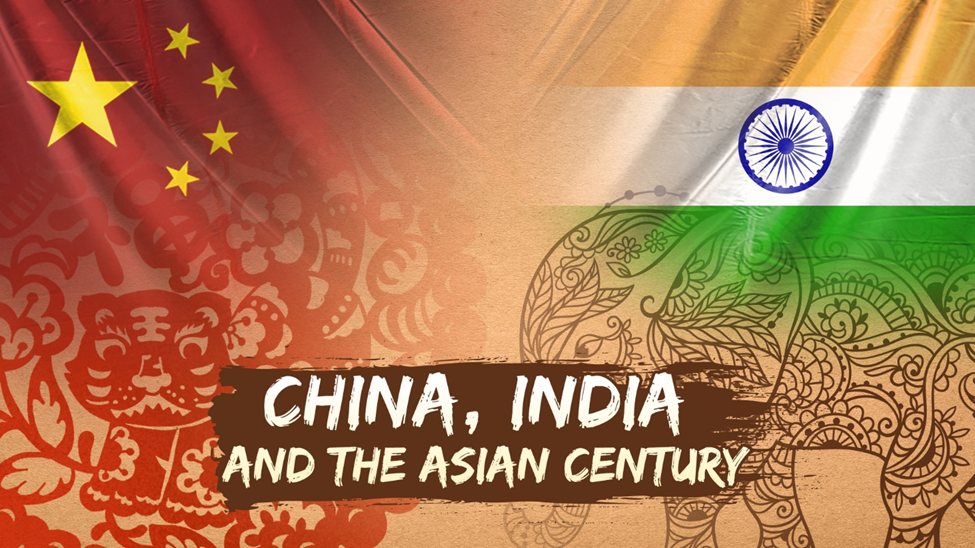China Tried to Ban Private Tutoring. It Created a Huge Black Market.
- InduQin
- Jul 29, 2022
- 3 min read

Mingyu is busier than ever this summer. Like many children in Beijing, the 12-year-old’s holiday schedule is jam-packed with extra academic training: one English language course, two math training programs, a physics camp, plus lessons at another three tutoring centers.
The only difference is that, this year, all of these classes are illegal.
It’s now one year since China launched its “double reduction” reforms — a massive campaign to take the heat out of the country’s educational rat race. In one fell swoop, the government banned excessive homework, academic classes during weekends and holidays, and all forms of private academic tutoring.
The policy torpedoed the country’s vast tutoring industry — previously worth an estimated 2 trillion yuan (then $310 billion) — leading to large-scale layoffs and financial losses. The government hoped that, by doing this, it would ease the pressure on young children and promote social equality.
If you’re keen to find resources, there are always ways to access them.- Tao, parent
But things haven’t turned out that way. A Sixth Tone investigation has found that a large black market for academic tutoring has emerged in China in the wake of the ban. These underground centers mainly cater to wealthy, well-connected families, making it easier for children from privileged backgrounds to get ahead.
Mingyu is a typical example. His parents, who both work in Beijing’s finance industry, have managed to keep sending him to a whole range of private classes despite the ban. They’re determined to do whatever it takes to help him compete in the capital’s brutally competitive education system.
“If you’re keen to find resources, there are always ways to access them,” says Tao, Mingyu’s mother, who spoke with Sixth Tone using a pseudonym for privacy reasons.
Many other Chinese families are doing the same thing. Sixth Tone spoke with over a dozen parents in Beijing and Shanghai who said they were sending their children to academic classes in violation of the “double reduction” rules.
Others said they wanted to sign up their kids for private tutoring, but lacked connections to a training center. Several of these parents, moreover, said their children were falling behind at school as a result.
The existence of this black market threatens to seriously undermine the “double reduction” policy. But China, like many countries before it, may struggle to eliminate it, says Hua-Yu Sebastian Cherng, an associate professor at New York University who researches China’s education system.
“When you make a law that mainly affects upper-middle-class families, they will find a way to get around the law,” says Cherng. “These are the families that are the most resourced and they have the most knowledge about how to do things in China.”
Going underground
For Chinese authorities, policing the tutoring ban has become an endless game of whack-a-mole. After the “double reduction” policy was announced in July 2021, officials ordered thousands of tutoring companies to convert into nonprofits or cease operations. But many providers have resisted the ban.
Nonprofits are typically allowed to charge just 20 yuan per 30 minutes for academic classes in China, whereas private firms used to charge around 100 yuan, or sometimes far more than that. Centers are only able to break even by offering online classes to hundreds of children simultaneously.
As a result, a large number of tutoring firms have continued offering private classes in secret. During the second quarter of 2022, China’s education ministry carried out an investigation of 140,000 tutoring organizations nationwide. They found that nearly 3,000 were providing illegal academic tutoring. The ministry also shut down 464 centers that had continued to operate after claiming to have closed their businesses.
Demand for private classes remains relatively high among parents, who are often dissatisfied with the quality of education provided by schools and cash-strapped nonprofits. In a June survey by China Youth Daily, 62% of parents said that schools needed to improve their standards.
In Tao’s case, evading the ban has been straightforward: The majority of the centers where she sends Mingyu and his brother were never shut down. While the nation’s biggest tutoring firms — New Oriental and TAL Education — have been forced to drastically scale back their businesses due to the ban, many smaller players have slipped through the regulatory net.
“Most of the tutoring services I chose, whether brick-and-mortar or online, are small businesses,” says Tao. “They’re not so easy to spot.”
Tao has also managed to find replacements for the centers that got shut down by talking with other parents. She now sends her children to classes with two private English tutors, two tutoring centers for Chinese reading and writing skills, and a math Olympiad program.
Read More at https://www.sixthtone.com/news/1010833/china-tried-to-ban-private-tutoring.-it-created-a-huge-black-market




Comments